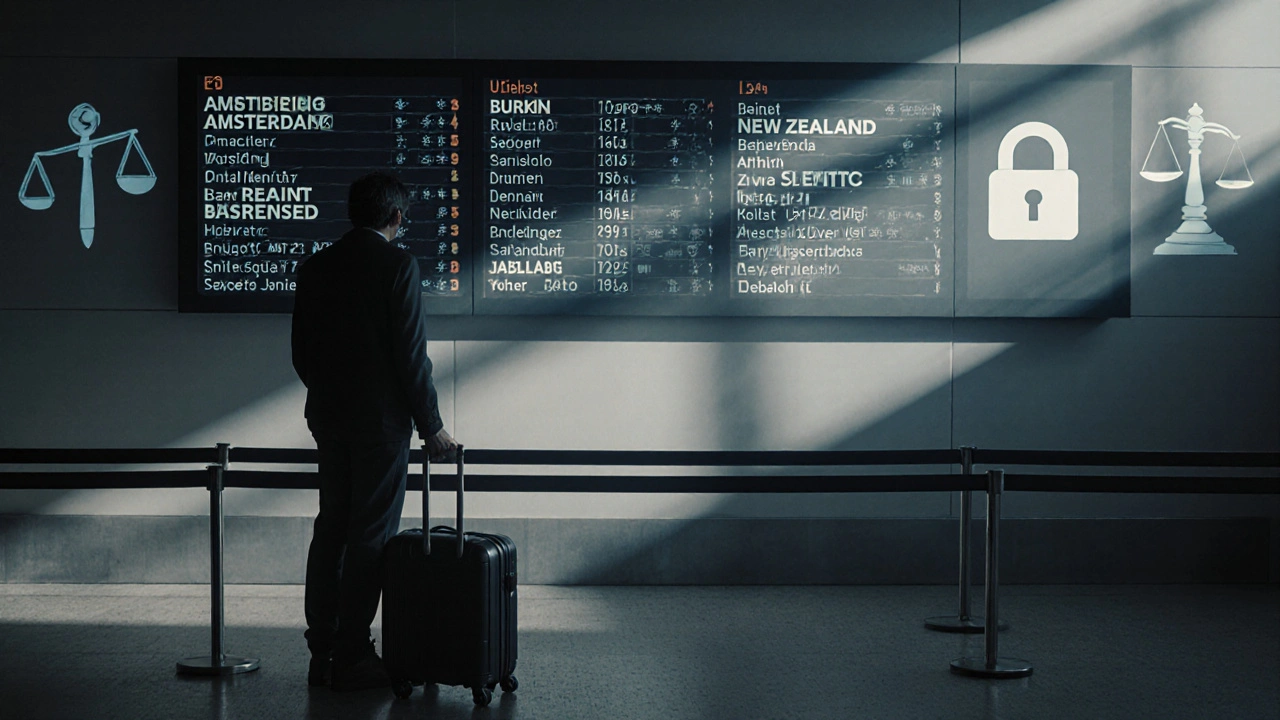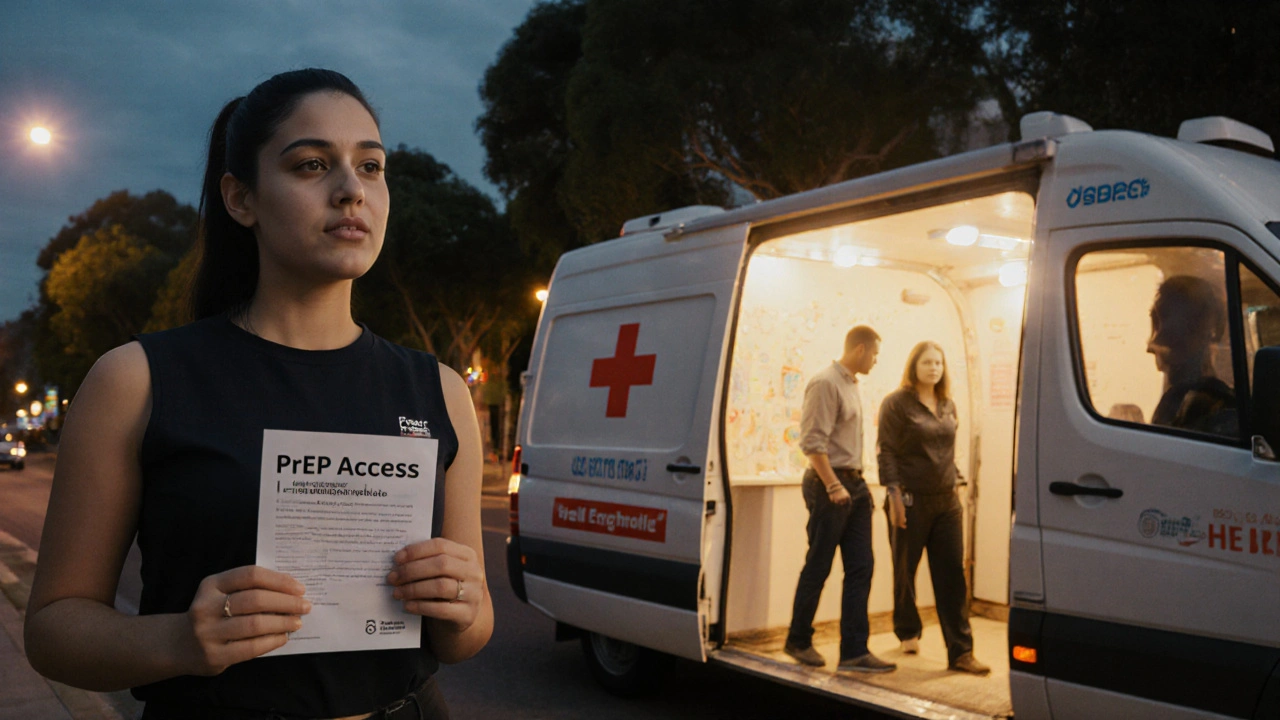Legal Sex Work: Rights, Risks, and Real Strategies for Safety
When we talk about legal sex work, the practice of exchanging sexual services for money under laws that recognize it as legitimate labor. Also known as decriminalized sex work, it’s not about legalization with heavy restrictions—it’s about removing criminal penalties so workers can access basic rights like healthcare, banking, and police protection. Countries that have fully decriminalized sex work, like New Zealand, show lower rates of violence and better health outcomes. But in the UK, even though selling sex isn’t illegal, many related activities—like soliciting in public, sharing premises, or advertising—are still criminalized. This creates a dangerous gray zone where workers are forced to hide, making it harder to report abuse or get help.
That’s why sex worker rights, the fight for legal recognition, bodily autonomy, and protection from police harassment and discrimination. Also known as sex work advocacy, it’s not a theoretical movement—it’s daily survival for thousands. Laws like loitering zones and prostitution-free areas don’t reduce crime—they push workers into isolated areas where predators operate with less risk of being caught. Meanwhile, police can still seize phones without warrants, access years of private messages, and use digital evidence to build cases that have nothing to do with trafficking but everything to do with control. These aren’t accidental side effects—they’re policy choices that target the most vulnerable.
When financial security for sex workers, the ability to receive, store, and manage income without accounts being frozen or payments blocked. Also known as safe payment systems for sex workers, it’s one of the biggest daily challenges. Banks routinely shut down accounts tied to sex work—even if the work is legal. Payment processors like PayPal and Stripe ban transactions based on vague terms of service. That forces workers to use cash, crypto, or risky third-party apps, making them targets for fraud and theft. The solution isn’t waiting for banks to change—it’s using tools like encrypted ledgers, verified client screening, and peer networks that share red flags before someone gets hurt.
And it’s not just about money or laws. It’s about healthcare. Sex workers face denial of care, judgmental attitudes, and lack of STI testing access—not because they’re high-risk, but because providers assume they are. The same goes for mental health. Burnout is common, but support is scarce. That’s why multilingual safety cards, incident documentation apps like SafetyPin, and peer-led hotlines are just as vital as any law change. These aren’t luxuries. They’re lifelines.
What you’ll find below isn’t theory. It’s real advice from people doing this work every day: how to document incidents without getting caught, how to negotiate safer payments, how to find medical care that doesn’t shame you, and how to push back when the system tries to erase you. These aren’t hypothetical scenarios. They’re survival tactics—and they work.

- Nov, 27 2025
- 0 Comments
International Sex Work Laws: A Traveler’s Guide to Legal Risks and Realities
Understand sex work laws around the world before you travel. Know where it's legal, where it's dangerous, and how to avoid arrest, deportation, or worse. This guide gives real, practical facts-not assumptions.
read more
- Oct, 30 2025
- 0 Comments
Labor Rights and Sex Work: Health and Safety Standards in Legal Settings
Legal sex work doesn't automatically mean safety. This article explores how health and labor rights shape real-world protections for sex workers in countries where it's legal-and where systems still fail them.
read more